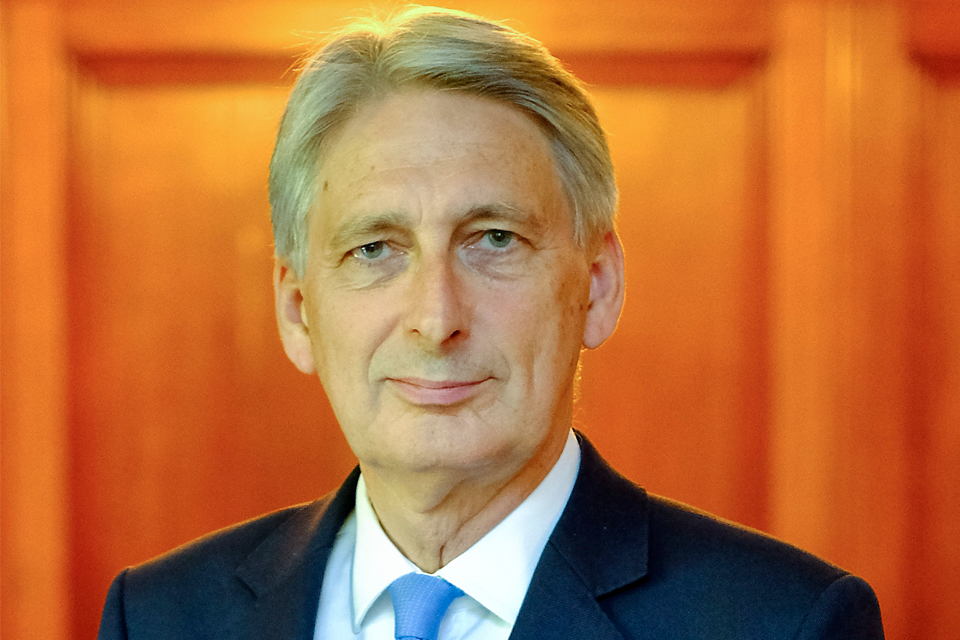Afghanistan Monthly Progress Report for July and August 2014
Foreign Secretary Philip Hammond has updated Parliament with the progress report on developments in Afghanistan

The Secretary of State for Foreign and Commonwealth Affairs (Mr Philip Hammond): I wish to inform the House that the Foreign and Commonwealth Office, together with the Ministry of Defence and the Department for International Development, is today publishing the fortieth progress report on developments in Afghanistan since November 2010. The announcement of the preliminary results of the second round of the Presidential election by the IEC on 7 July triggered a political crisis. Presidential candidate Abdullah Abdullah threatened to pull out of the process. Intervention by the US Secretary of State John Kerry secured the agreement of both Abdullah and Ashraf Ghani to abide by the result of a full audit of the second round vote under a UN supervised process. The Afghan government is currently facing significant fiscal challenges, exacerbated by the protracted election process.
On 12 July, UNAMA published their mid-year report ‘Protection of civilians in armed conflict’ which recorded a 24% rise in civilian casualties, compared to the first six months of 2013. It attributed 74% of these to Taleban action, undermining their claims that they try to minimise civilian casualties. The insurgent offensive in Northern Helmand that began in June persisted, but reduced in intensity, through July. The ANSF were better prepared compared to last year’s fighting season and resisted Taleban attempts to make significant gains. In contrast, Kabul has experienced an increased number of insurgent incidents compared with last year, with 52 by 20 August, compared to only 30 incidents in the whole of 2013. Throughout July there were also significant attacks that threatened or struck Kabul International Airport.
On 5 August, at the Marshal Fahim National Defence University in Kabul, Major General Harold J. Greene (US Army), the Deputy Commander of the Combined Security Transition Command – Afghanistan was killed by an Afghan National Army soldier. Two UK personnel were amongst the wounded.
ISAF redeployment continues and the number of bases has now reduced to just 42 locations. There are only 18 locations left to transfer or close before the end of the current ISAF Mission. I am placing the report in the Library of the House.
Further information
-
Follow the Foreign Secretary on Twitter @PHammondMP
-
Follow the Foreign Office on Twitter @foreignoffice